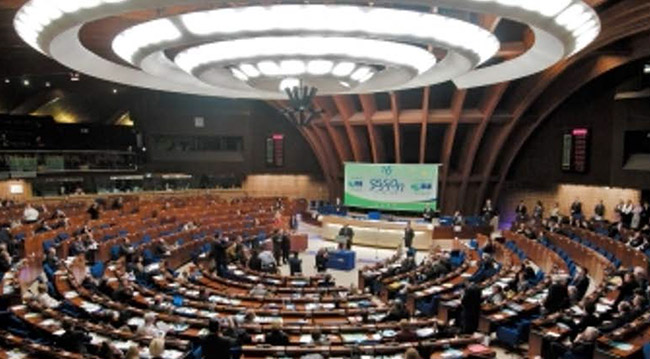STRASBOURG - The European Parliament (EP) will this week put pressure on the European Commission (EC) to take action against unfair trading practices in the food sector.
During a plenary session here, members of European Parliament (MEPs) will vote Tuesday on a non-legislative resolution calling on the EC to come up with proposals for fairer relations between food producers, suppliers and distributors.
MEPs will also express concerns about overproduction and food waste caused by so-called unfair trading practices (UTPs).
The aim is to achieve what many MEPs see as a better balance between farmers, food processing companies and the big supermarket chains. Many MEPs believe farmers are disadvantaged when striking deals with food processors and retailers who have much greater market power.
Family farm incomes across the EU have fallen as much as 13 percent compared with 2013 levels, and the current crisis is even more prevalent in sectors such as dairy and pork farming.
Irish MEP Mairead McGuinness, herself an agricultural economist, said Sunday that UTPs are "an unwelcome reality" in the food supply chain.
"They damage producers and ultimately reduce consumer choice. They also impact negatively on the sustainability of our food supply chain," she stated in a briefing issued by the center-right European People's Party (EPP).
McGuinness drafted an opinion for the EP's agriculture committee on a European Commission report on UTPs in the food supply chain.
The report identified a number of ways in which farmers get a bad deal, including delayed payments, restricted access to market, unilateral or retroactive changes to contract terms, sudden and unjustified cancellation of contracts, unfair transfers of commercial risk and transfer of transport and storage costs to suppliers.
An EU-wide survey among food chain suppliers found that 96 percent of respondents said they had already been subject to at least one form of UTP. In addition, 83 percent asserted that they were subject to UTPs which increased their costs and 77 percent stated that UTPs reduced their revenues. (Xinhua)
Home » World » European Parliament urges more Action on unfair Food Supply Practices
European Parliament urges more Action on unfair Food Supply Practices

